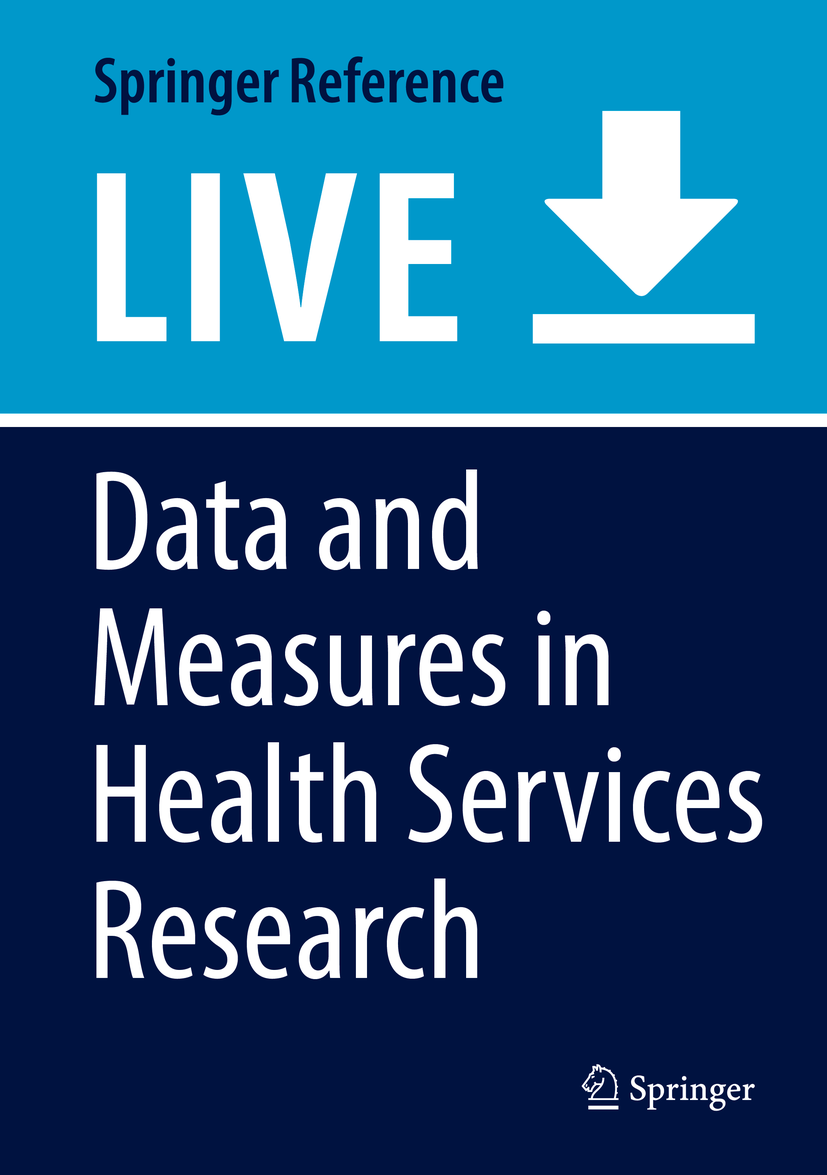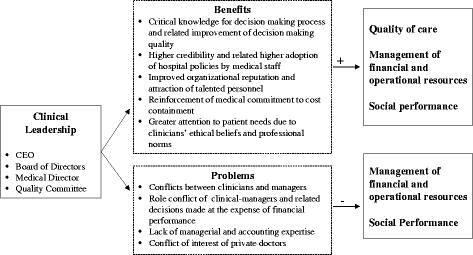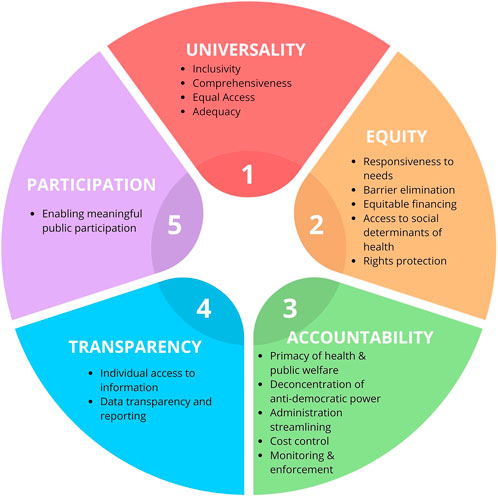Personality of Belgian physicians in a clinical leadership program, BMC Health Services Research
Por um escritor misterioso
Descrição
Background Physician and non-physician leadership development programs aim to improve organizational performance. Although a significant, positive relation between physicians’ leadership skills and patient outcomes, staff satisfaction and staff retention has been found, physicians are not formally trained in clinical leadership skills during their physician training. A lot of current healthcare leaders were chosen to take on leadership because of their productivity, published research, solid clinical skills, or because they were great educators, Heifetz RA. Leadership Without Easy Answers; 1994 although they often do not have the skills to build a team, resulting in dysfunctional teams and having to deal with conflicts and chaos. The first steps of a Clinical Leadership Program is to gain insight in one’s personality, one’s personal skills and one’s leadership growth potential, because this gives information on one’s natural leadership style. The aim of our research is to gain insight in the personality traits of healthcare professionals who are leading teams and to check (a) whether Belgian physicians with leadership ambition, share certain preferences, (b) whether physicians differ from other healthcare staff in terms of personality, (c) whether our sample of Belgian physicians differs from a population of physicians in the United States of America. Methods In-hospital physicians and non-physicians enrolled in a Clinical Leadership Program consented to participate. They explored their personal preferences across four dimensions, based on the Myers-Briggs Type Indicator (MBTI). Their most suitable MBTI profile was determined with a self-assessment and a complementary guidance of an MBTI-coach. Chi-squared tests and logistic regression were performed to check distributions across different MBTI-dimensions and to assess the relation with profession and location. Results Among participating physicians significantly more preferences for ‘Thinking’ then for ‘Feeling’ were found. Non-physicians were found to be significantly more ‘Sensing’ and ‘Judging’ compared with physicians. No significant differences were found between physicians from our (Belgian) and the USA dataset. Conclusion Preferences of physicians proved to be different from those of non-physicians. ‘ISTJ’ is the most frequent personality profile both in Belgian and USA physicians.

Download the report (150 p.) - KCE

Health Services Information: Application of Donabedian's Framework to Improve the Quality of Clinical Care

Healthcare delivery gaps in pain management within the first 3 months after discharge from inpatient noncardiac surgeries: a scoping review - British Journal of Anaesthesia

Clinical leadership and hospital performance: assessing the evidence base, BMC Health Services Research
Full article: Standards of Care for the Health of Transgender and Gender Diverse People, Version 8

Telemedically Supported Case Management of Living-Donor Renal Transplant Recipients to Optimize Routine Evidence-Based Aftercare: A Single-Center Randomized Controlled Trial - American Journal of Transplantation

SSPH+ Migrant and Refugee Youth's Sexual and Reproductive Health and Rights: A Scoping Review to Inform Policies and Programs

Facilitators and barriers of implementation of routine postnatal care guidelines for women: A systematic scoping review using critical interpretive synthesis — JOGH

Health Care and Government Policy - Health systems at the stage of complexity - Publicações do Cidehus

Implementing quality-of-care during labour, childbirth, and early postnatal care, northeast Namibia: a quasi-experimental study

Barriers to advancing women nurses in healthcare leadership: a systematic review and meta-synthesis - eClinicalMedicine

BMC Health Services Research 1/2018

Sean Clarke NYU Rory Meyers College of Nursing
de
por adulto (o preço varia de acordo com o tamanho do grupo)







